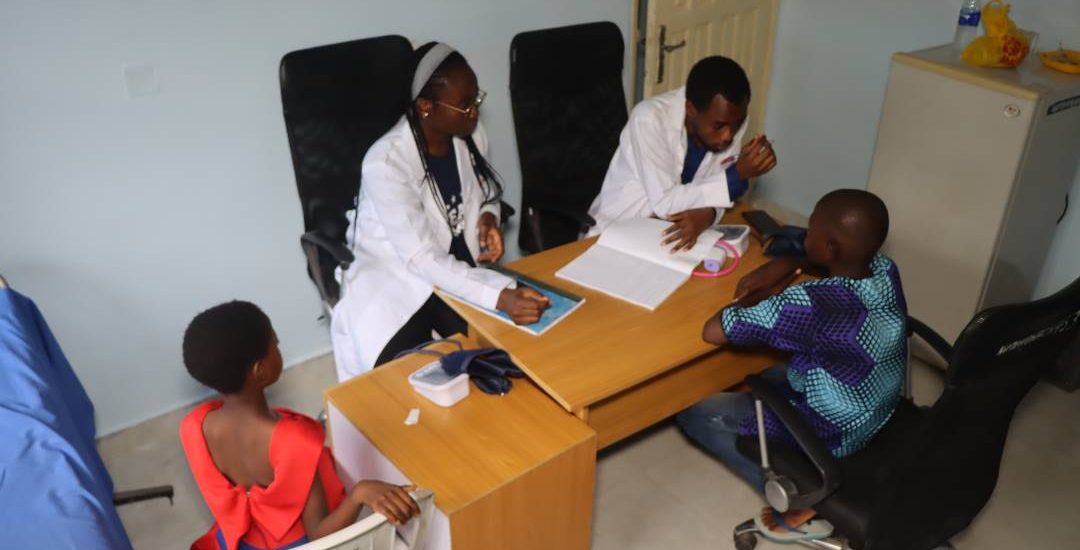- November 15, 2023
- Posted by: webadmin
- Category: Human Rights

The Importance of Free Medical and Legal Services
Introduction:
Survivors of traumatic experiences, particularly those of human trafficking, domestic violence, and other forms of abuse, require comprehensive support to rebuild their lives. Offering free medical and legal services is a crucial step towards healing and empowerment. This article explores the significance of providing survivors with accessible and professional medical and legal assistance, recognizing the profound impact it has on their recovery and pursuit of justice.
Medical Services for Healing and Recovery:
Survivors often bear physical and emotional scars from their traumatic experiences. Free medical services play a pivotal role in addressing immediate health needs and fostering long-term recovery. This includes access to trauma-informed care, mental health services, and rehabilitation programs. Medical professionals can contribute not only to physical healing but also to restoring survivors’ emotional well-being and rebuilding their sense of self.
Comprehensive Legal Support:
Legal services are paramount for survivors seeking justice, protection, and reclaiming their rights. Providing free legal aid ensures that survivors have access to representation, assistance in navigating legal processes, and advocacy in court. Legal professionals can help survivors obtain restraining orders, navigate immigration issues, and pursue compensation. This empowers survivors to take legal action against their perpetrators and reinforces a sense of justice and accountability.
Breaking Barriers to Access:
Financial constraints often act as a significant barrier to survivors seeking necessary medical and legal assistance. By offering these services free of charge, organizations and professionals remove a critical obstacle, ensuring that survivors, regardless of their financial situation, can access the support they desperately need. This fosters a more inclusive and equitable system of care.
Trauma-Informed Approaches:
Medical and legal professionals must adopt trauma-informed approaches when working with survivors. Understanding the impact of trauma on an individual’s physical and mental health is essential for providing sensitive and effective care. Creating safe and supportive environments encourages survivors to seek help and engage in the healing process.
Collaboration and Multidisciplinary Care:
The complexity of survivors’ needs often requires a multidisciplinary approach. Collaboration between medical and legal professionals, social workers, and support organizations ensures a holistic and coordinated response. This collaboration addresses the interconnected challenges survivors face, promoting a seamless transition from medical care to legal advocacy and beyond.
Empowering Survivors Through Education:
Beyond immediate services, education is a powerful tool for empowerment. Providing survivors with information about their rights, available support services, and the legal process empowers them to make informed decisions about their healing journey. Education also acts as a preventive measure, equipping survivors with the knowledge to protect themselves in the future.
Community Awareness and Sensitization:
Raising awareness within communities about the importance of free medical and legal services for survivors is crucial. Dispelling myths, reducing stigma, and fostering a supportive community environment contribute to creating a society that stands against abuse and supports those on their path to recovery.
Conclusion:
Free medical and legal services for survivors are essential components of a compassionate and effective response to trauma. By addressing the immediate needs of survivors and breaking down barriers to access, these services contribute to healing, justice, and the empowerment of individuals who have endured unimaginable challenges. It is through such comprehensive support that survivors can rebuild their lives, reclaim their agency, and move towards a future free from the shadows of their past experiences.
